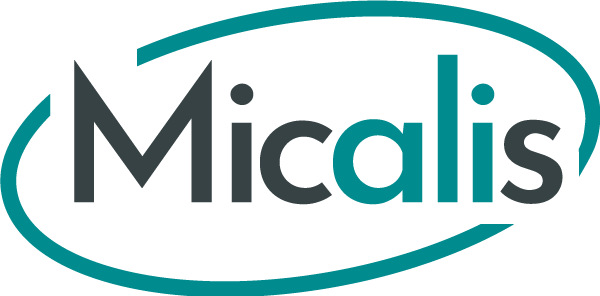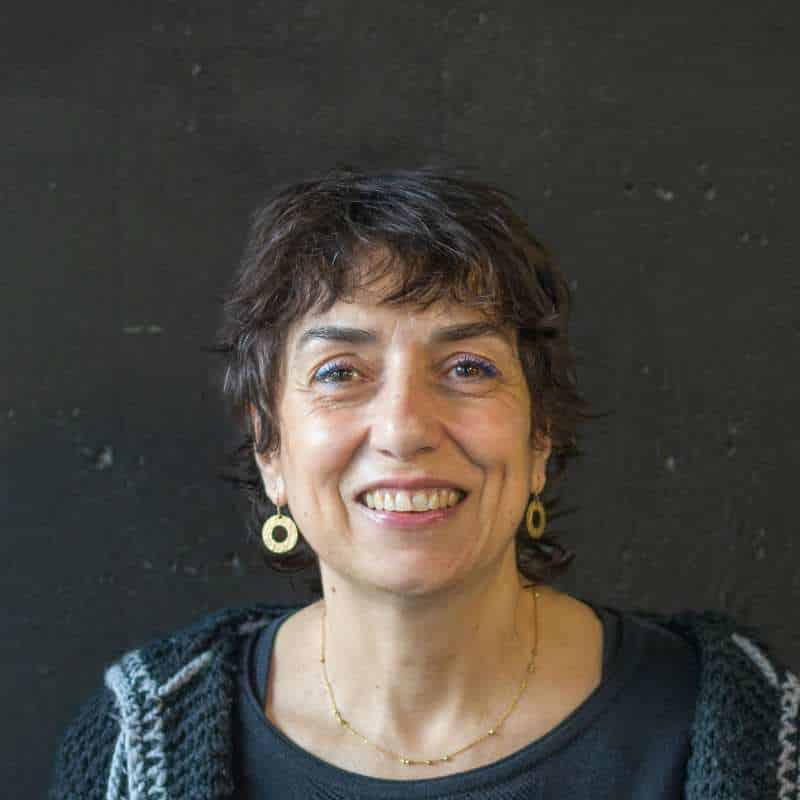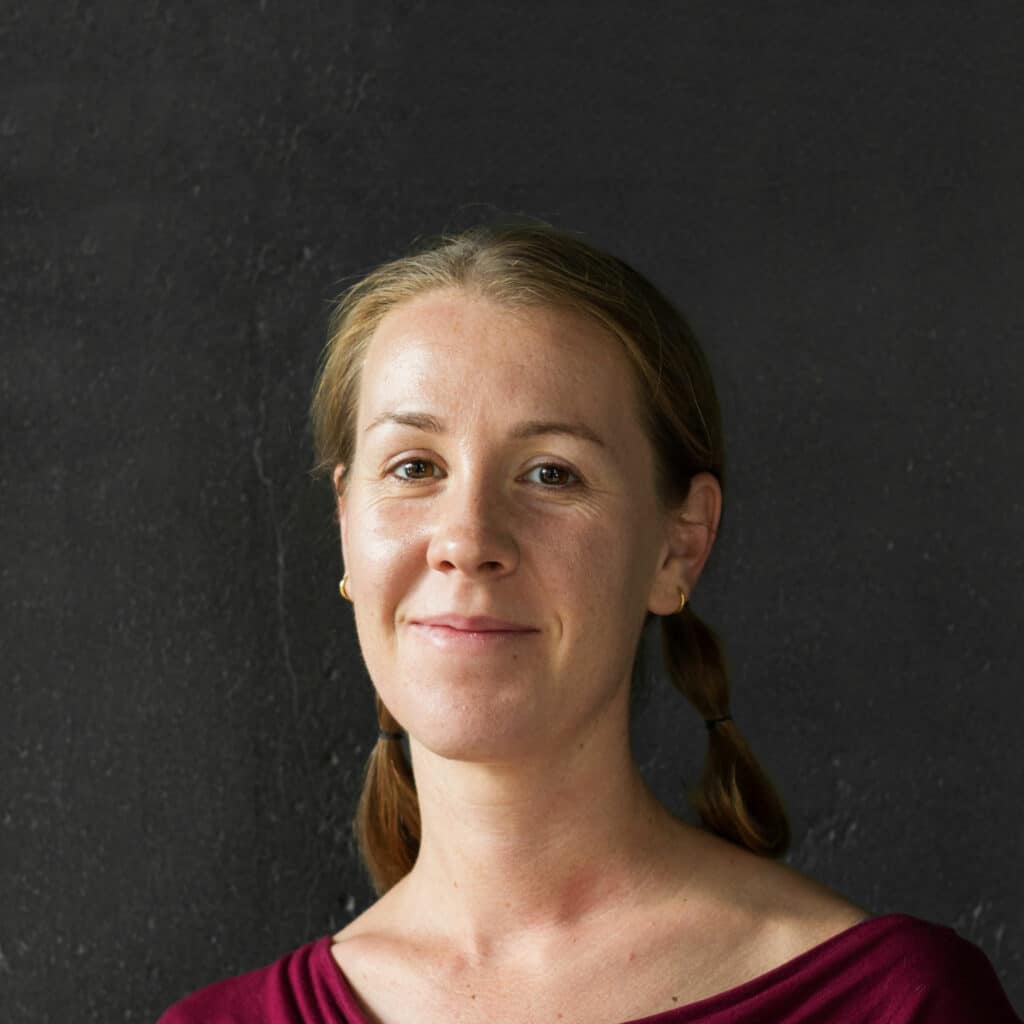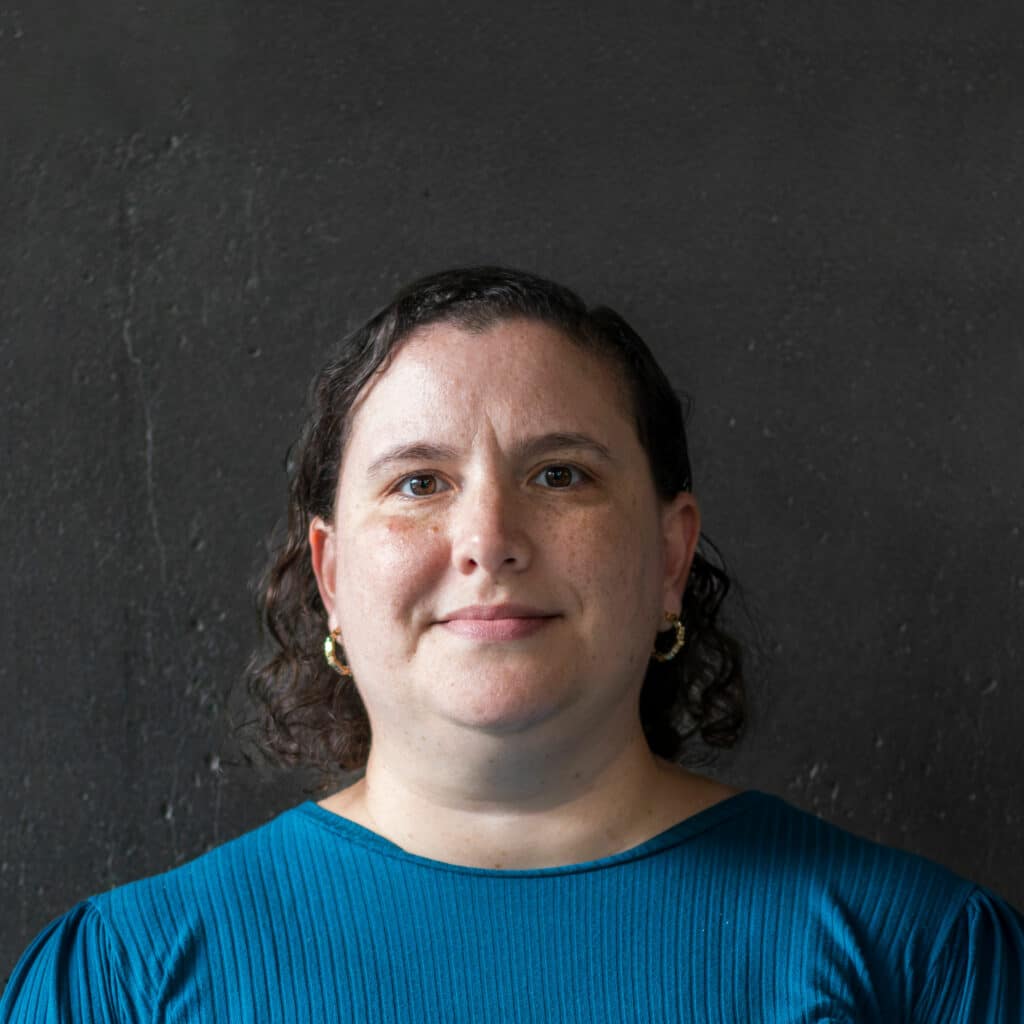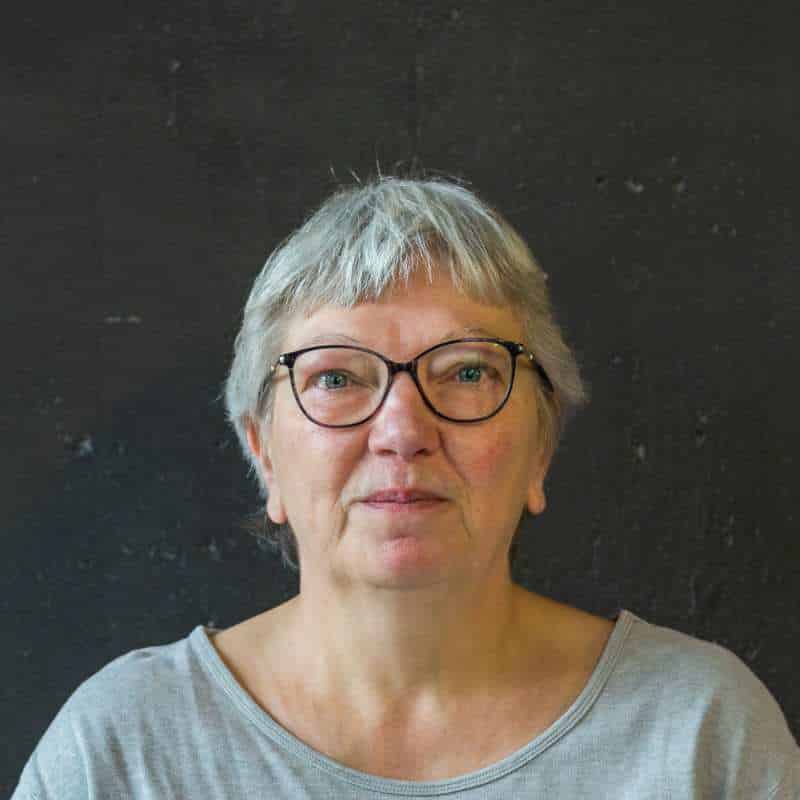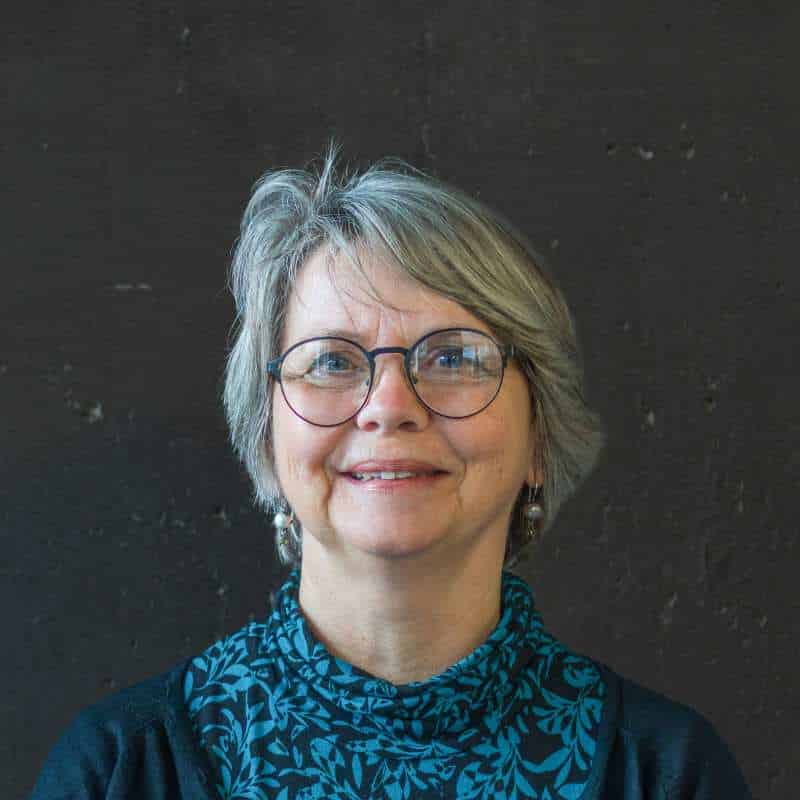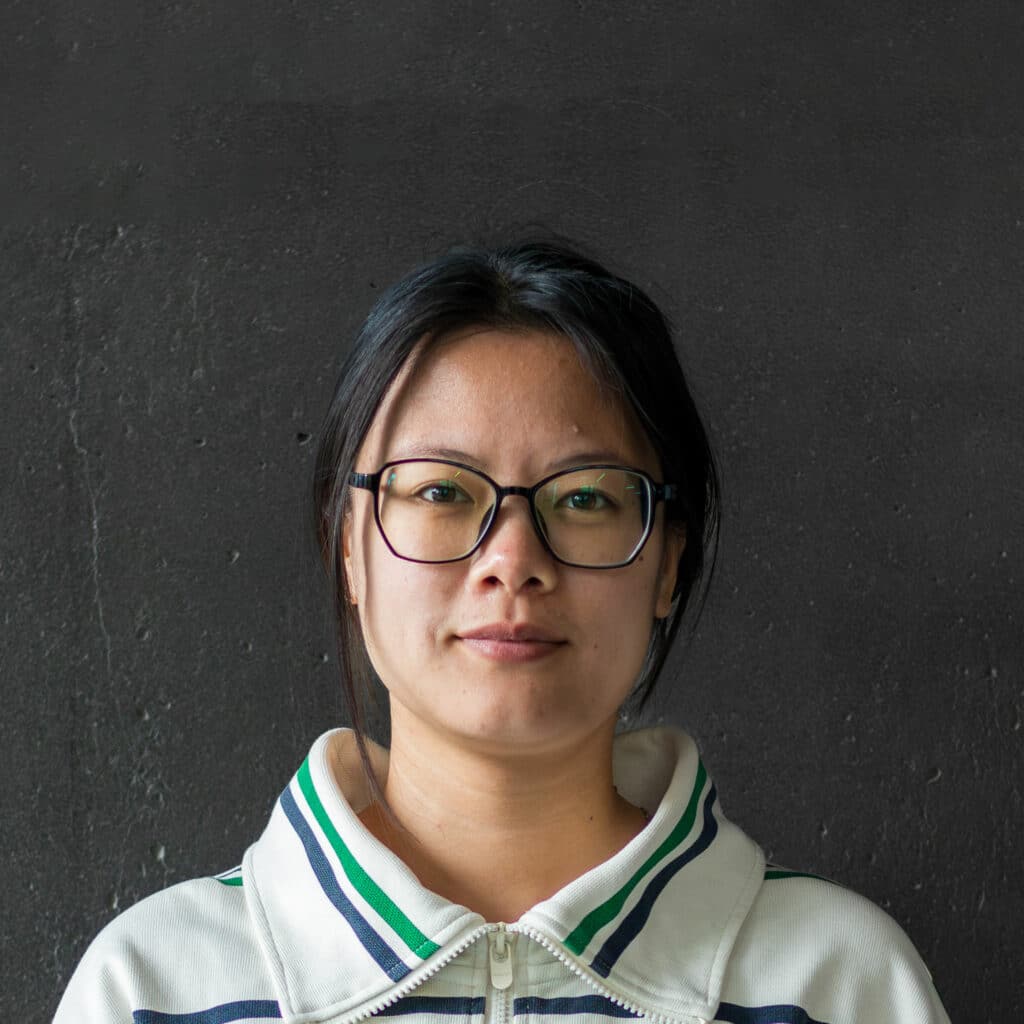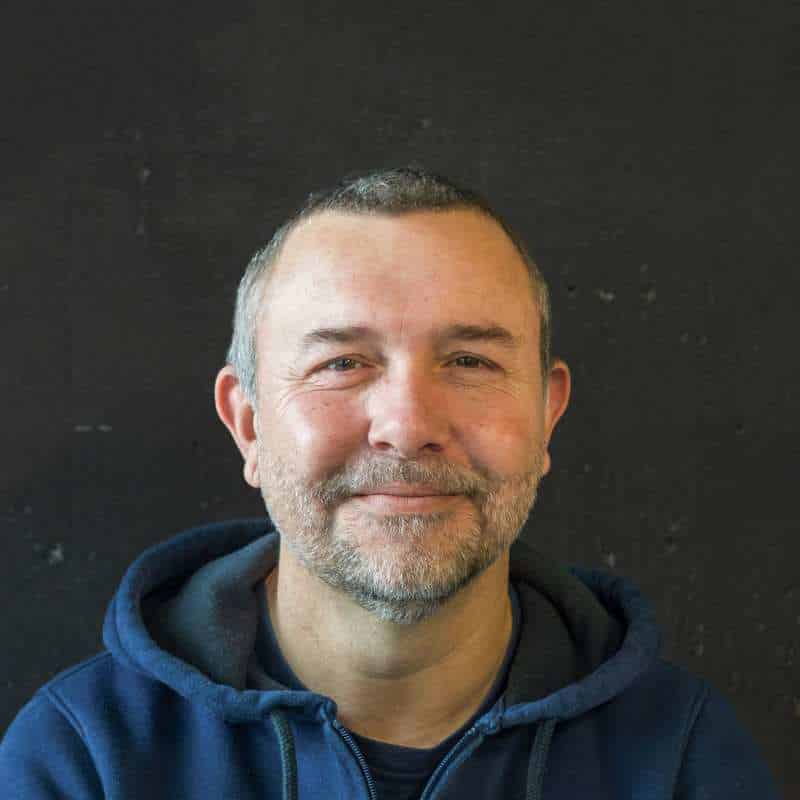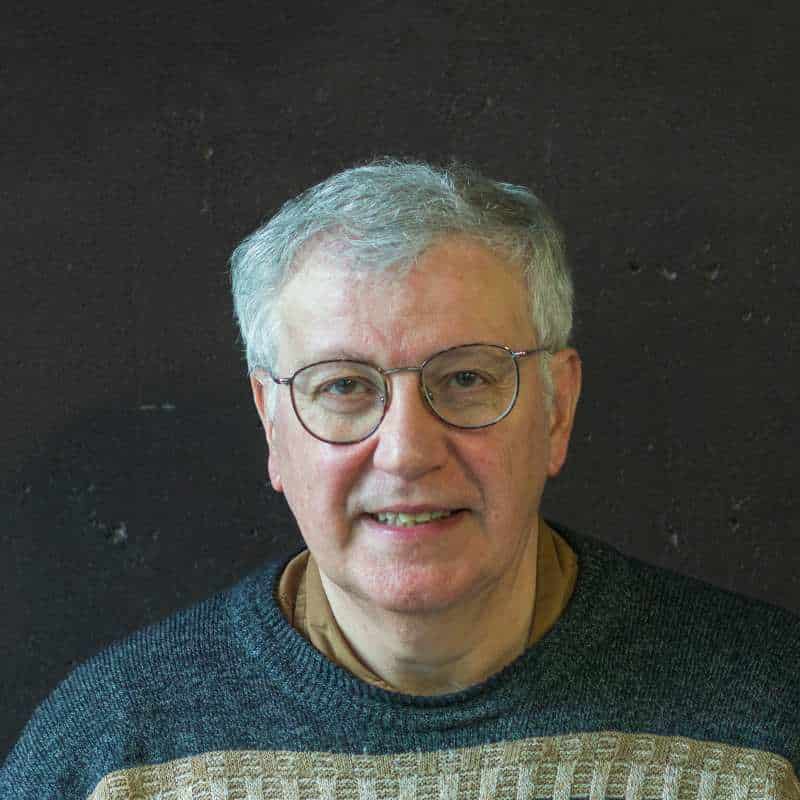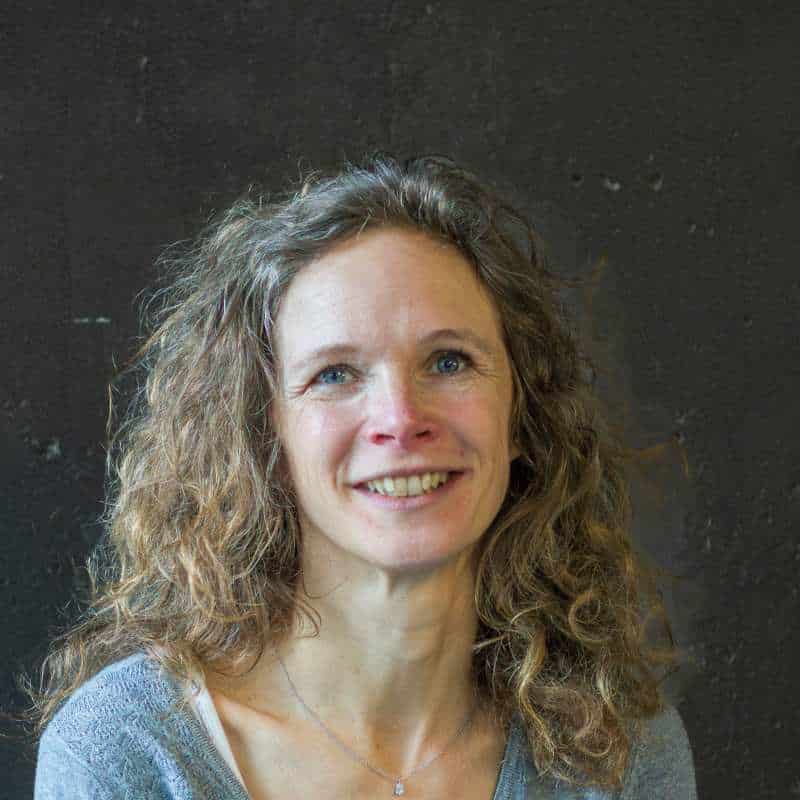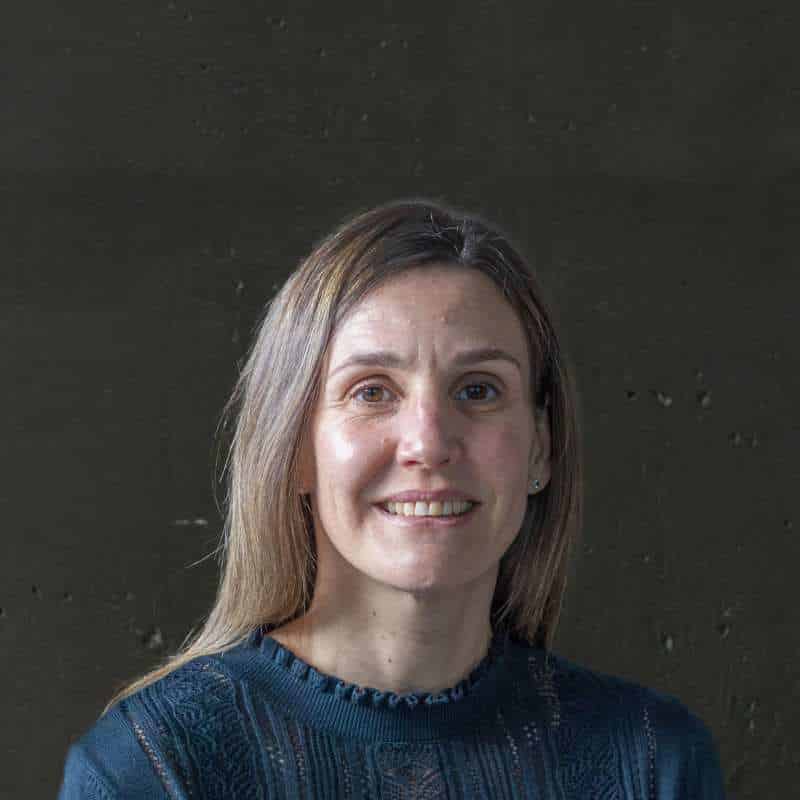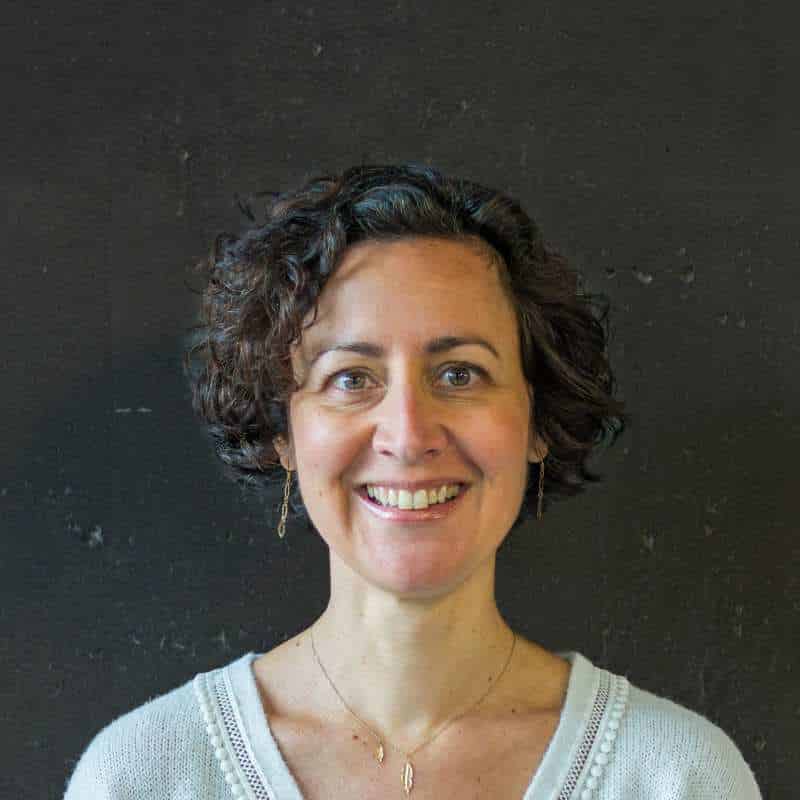Current projects
Clostridioides difficile, a spore-forming anaerobe is a major entero-pathogen responsible for healthcare-associated and community-acquired infections, and also animal infections. It causes post-antibiotics diarrheae and colitis, which are difficult to treat and often recurring. C. difficile in vitro biofilms are studied in order to investigate and better understand their potential role of persistence notably during infection recurrences.
C. difficile is a One Health problem. Spores are highly resistant to adverse conditions including aerobiosis and ubiquituously contaminating the environment: soil, water, cultures, animals. They are transmitted by the feco-oral route across host species, including zoonotic and anthropozoonotic transmission.
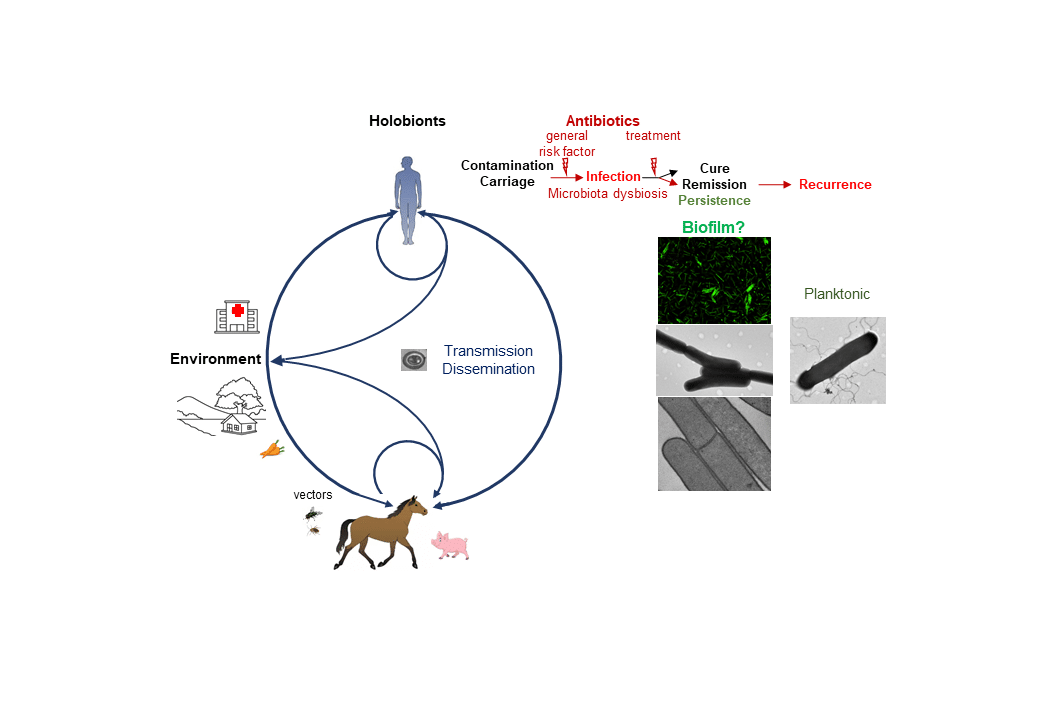
In collabotration with ANSES (S. Petry), we chose Equids as a model for animal host and evaluated C. difficile prevalence and virulence in equids necropsied in Normandie from 2019 to 2021. We systematically isolated C. difficile strains, preserved them as a collection (CloDifEqui, the first collection of equine strains in France), and characterized their pathogenicity and ribotype. We also diagnosed C. difficile infection or asymptomatic carriage, after a diagnosis of European hospital standards, which is based on toxin detection in samples of animals displaying both post-mortem signs of diarrhea and a toxigenic strain. We finally found that equids from the same premises shared strains of the same ribotype in two cases, highly suggesting that these two premises could represent transmission clusters.
As part of a PhD project, we are evaluating biofilm formation by CloDifEqui strains and and comparing their properties according to strain ribotypes. In parallel, after having recovered clinical strains isolated in the same region (at CHUs of Rouen and of Caen) and during the same period as equine strains. In collaboration with CNR C. difficile, we are now driving a genome-wide analysis of C. difficile diversity, intra-species transmission (between equids or between patients) and inter-species transmission (between equids and patients).
Fundings
IFCE (Institut Français du Cheval et ed l’Equitation France, https://www.ifce.fr) Research project 2019-009-Rech CloDifEqui, 2019 -2023
MESR (Ministère de l’Enseignement Supérieur et de la Recherche), PhD grant, 2021-2024
Crédit Agricole, Mécénat
MICA Department of INRAE
Collaborations
– Sandrine Petry, Jackie Tapprest, Fabien Duquesne, Sofia Kozak, Nathalie Foucher, Maud Bernez-Roman, Anses, Normandy Laboratory for Animal Health, Physiopathology and Epidemiology of Equine Diseases Unit, Goustranville
– Frédéric Barbut, National Reference Laboratory for C. difficile, Hôpital Saint Antoine, Assistance Publique Hôpitaux de Paris (AP-HP) and INSERM S-1139, Université Paris-Cité, Paris
– Simon Le Hello, Université de Caen Normandie, Université Rouen Normandie, INSERM, DYNAMICURE UMR1311, CHU Caen, Department of Infectious Agents, Caen
– Ludovic Lémée, Université de Caen Normandie, Université Rouen Normandie, INSERM, DYNAMICURE UMR1311, CHU Rouen, Service de Bactériologie, Rouen
– Vlad Costache and Romain Briandet, MIMA2, Micalis, INRAE, Jouy-en-Josas
– Céline Henry and Lydie Oliveira Correia, PAPPSO, Micalis, INRAE, Jouy-en-Josas
PhD
Anaïs Lemaire, PhD grant from MESR (Ministère de l’Enseignement Supérieur et de la Recherche), 2021-2024
Previous projects
At INRAE, I previously studied protein export, secretion and quality control in Lactococcus lactis, a model for Lactic Acid Bacteria. Thanks to patented tools, I developed its use of a cell factory to produce valuable proteins in the fields of biotechnology (enzymes) and health (antigens). I developed industrial partnerships, including with a pharmaceutical company.
